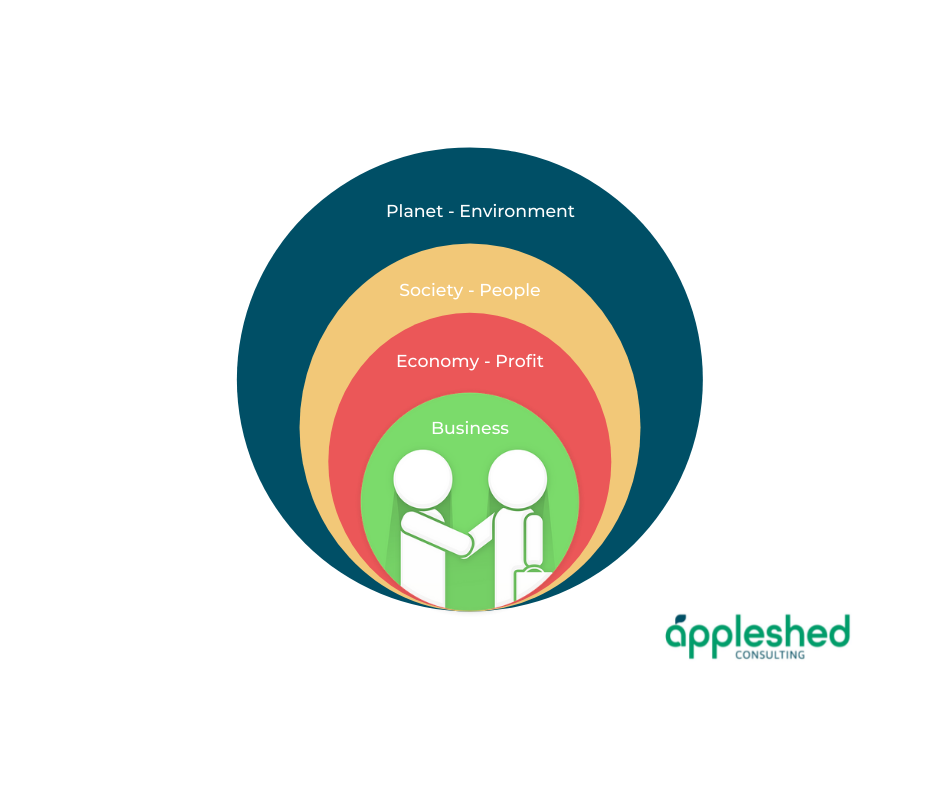To create change in any situation, we need to buy into the change, believe it is worth it and shift our thinking to encompass and embody what that means for us as individuals, families, organisations and society. As human beings, we are not psychologically hardwired for change; however change is the main constant in our lives today and it comes in increasingly shorter cycles, often with several elements circling at the same time.
When it comes to sustainability, for years I have understood that my everyday actions were a representation of what was important to me. I use water, so the type of washing powder and cleaning products that go down the drain matter. I want a fairer world, so the bank I choose needs to be investing for a fairer society. I hate waste, so we compost, repair and recycle, however I get stuck on the compromise between convenience of a supermarket, cost of organic produce and the time needed to source it all from my local high street. I understand that I am connected to and part of a large set of complex systems. How I rank the importance of these systems and the choices I make to support the ones that matter, matters. From experience, I also know how existing systems have blocked and created barriers to my ability to act on what I believe in, and worn me down.
The Crux of the Matter
The crux of getting our heads around the kind of change a sustainable future needs for everyone – from an individual to a giant corporate or a government, starts with how we all think! And if our thinking doesn’t align with this need, we need to work to consciously engage with changing our mindset and most probably, our value system so that we can encompass, embody and act in a way that serves that understanding.
These ideas aren’t new, however asking the world’s population to actively develop their mindset for a more sustainable future is a mighty mighty task. As the traditional wisdom asks “How do we eat an elephant?”, the answer is obviously “One bite at a time”. One person at a time, one group at a time, one policy, one regulation, one communication at a time and a lot of never-ending passion to throw into the mix. The scientists have been telling us that we need to move quickly though, or we may run out of time – and therein lies the challenge of the century.
We can summarise the mindset change needed in a simple way – well yes, whilst we need planet earth to survive, it doesn’t really need us.
How we move to aligning the way we behace and the decisions that we make going forward takes conscious and consistent effort. There are three key elements
These interdependenceis are shown visually below:

The TCFD (Task force for Climate related Financial Disclosure) regulation that has come into place to ensure large, listed organisations report on the impact on Environment and Society through ESG (Environmental Societal and Governance) reporting makes sense; the shift needed in mindset is being created through regulation now because we have not collectively been able to shift thinking to action for the last 50 years simply by talking about it. We do not necessarily have another 50 years to move it all to the right level across the globe.
The individual actions of our lives are connected to so many systems and they impact so many aspects of how we function and choose to move forward. Have a little think about it all the next time you make a purchase, choose a bank, design the basis for moving forward – the challenges and the opportunities can blow your mind.


